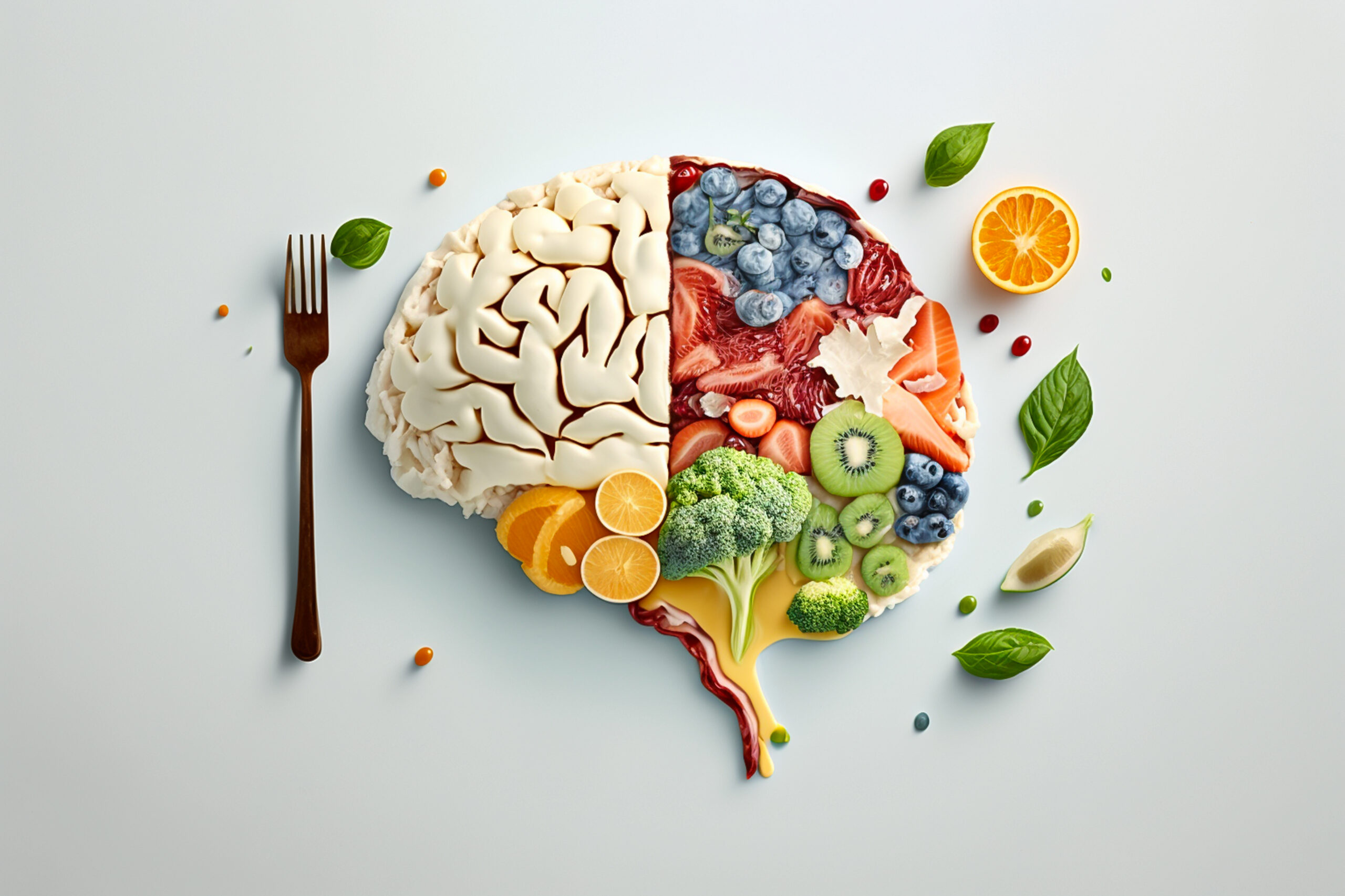Nourishing the Mind: How Nutrition Fuels Brain Health
In the pursuit of a healthier lifestyle, we often prioritize physical fitness and weight management, but what about our brain health? As the powerhouse of our body, the brain requires a constant supply of nutrients to function optimally. Emerging research suggests that the foods we consume play a pivotal role in supporting cognitive function and reducing the risk of cognitive decline as we age.
Micronutrients, such as B group vitamins and iron, are essential for brain development and cognitive health. These nutrients act as cofactors in various biochemical reactions, facilitating neurotransmitter synthesis and promoting neuronal communication. Additionally, high-protein and low-fat diets have been linked to protective effects against cognitive decline, highlighting the importance of a balanced macronutrient intake.
Moreover, adopting a holistic approach to nutrition, rather than focusing solely on individual nutrients, is key to promoting brain health. Diets like the Mediterranean, Nordic, DASH (Dietary Approaches to Stop Hypertension), and MIND (Mediterranean-DASH Intervention for Neurodegenerative Delay) emphasize whole foods rich in fruits, vegetables, whole grains, lean proteins, and healthy fats. These diets are associated with a reduced risk of cognitive decline and dementia.
The Best Foods for Your Brain Health
According to recent research from
Harvard Health, some of “the best brain foods are the same ones that protect your heart and blood vessels, including the following”:
- Leafy Greens. Leafy greens like kale, spinach, collards, and broccoli boast brain-healthy nutrients such as vitamin K, lutein, folate, and beta carotene. Studies show that these vegetables may contribute to slowing cognitive decline.
- Fatty fish, such as salmon, cod, canned light tuna, and pollack, are rich sources of omega-3 fatty acids. These are beneficial for reducing levels of beta-amyloid in the brain. Consuming fish at least twice per week can provide these essential fats, or consider an omega-3 supplement if fish is not a preferred choice. Alternatively, flaxseeds, avocados, and walnuts also offer omega-3’s.
- Berries contain flavonoids, natural pigments responsible for their vibrant colors, which have been shown to enhance memory. Research, including a study from Harvard Brigham and Women’s Hospital, suggests that regular consumption of strawberries and blueberries can delay memory decline.
- Tea and coffee. Beside a temporary mental boost, higher caffeine intake has been associated with better performance on cognitive tests and may aid in memory consolidations, as observed in studies conducted at Johns Hopkins University.
- Walnuts. A type of nut rich in protein and healthy fats, particularly in alpha-linolenic acid (ALA), walnuts have been linked to improved cognitive function. The combined benefits of ALA and other omega-3 fatty acids have been studied to benefit both heart and brain health.
The Gut-Brain Connection
Furthermore, the gut-brain axis, a bidirectional communication network between the gut microbiome and the brain, sheds light on the impact of our gut health on cognitive function. Lifestyle factors such as poor diet, sleep deprivation, and sedentary behavior can disrupt the gut microbiome composition, potentially influencing brain health. Incorporating dietary fibers and probiotics into our meals may support a healthy gut microbiome and, consequently, enhance cognitive function.
In conclusion, nurturing our brain through proper nutrition is essential for maintaining cognitive function and reducing the risk of neurodegenerative disorders. By embracing a balanced diet rich in macronutrients and prioritizing gut health, we can empower ourselves to support optimal brain health and vitality throughout life. Remember, what we feed our bodies also feeds our minds, so let’s choose wisely and nourish our most precious organ – the brain.





